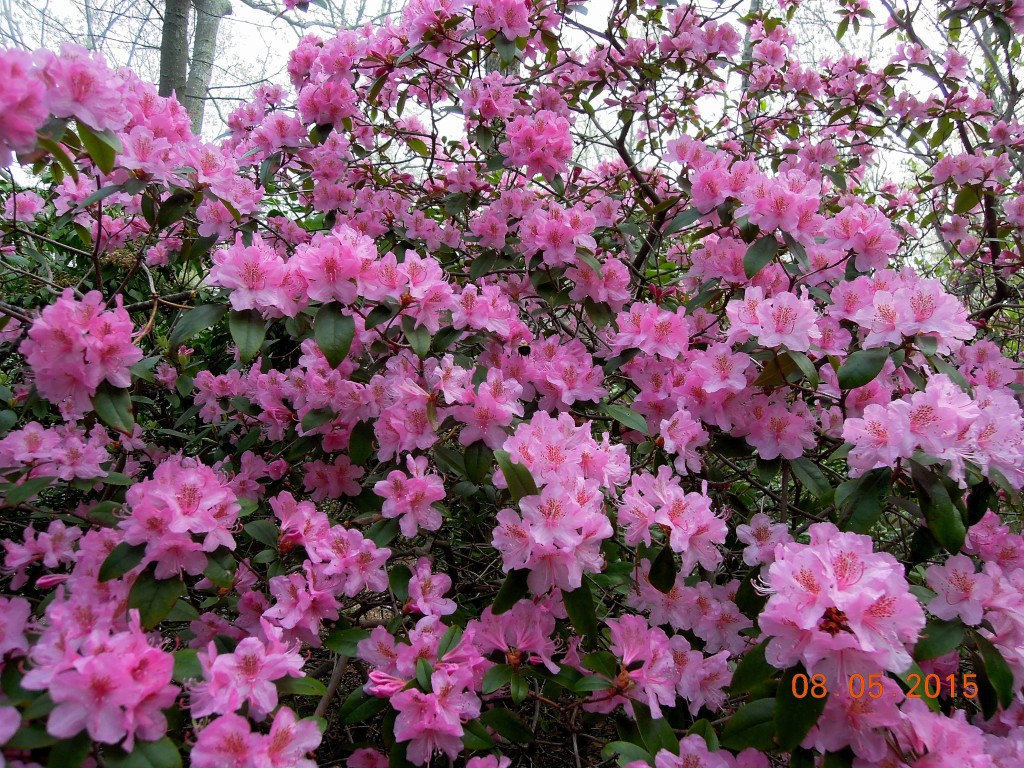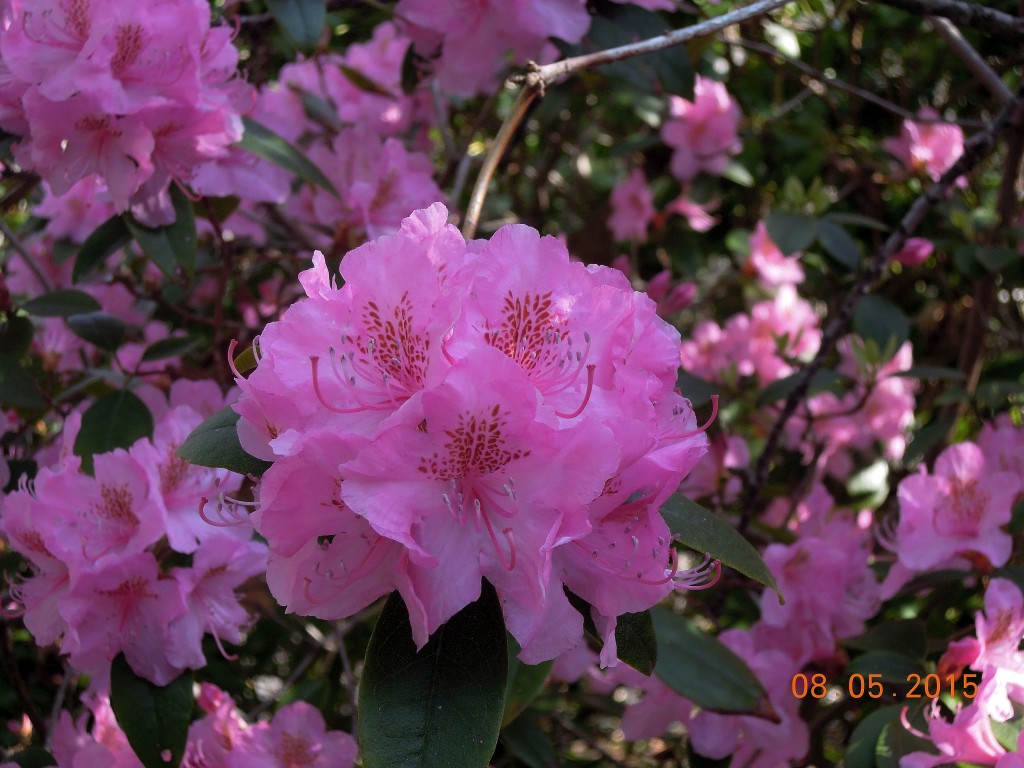Good news alert: Coffee is the new blueberry.
Contrary to the belief that drinking coffee is bad for your health, studies involving about three million participants found otherwise. Persons with moderate consumption — two to six 8-ounce cups of caffeinated coffee a day—had a lower risk for cardiovascular disease, heart failure, and stroke, as compared with those who drank none. Ditto for several forms of cancer, Parkinson’s disease, and Type 2 diabetes. (The New York Times, May 14, 2015, p.A3, “A Surprising Consensus on Coffee’s Health Benefits”)
Hurrah! About time we discovered that something we thought bad for us is actually good. Usually, it’s the other way around. (Remember margarine?.)
And now, not so surprising bad news: In December of 2013, European Union regulators announced that neonicotinoids, a particularly lethal class of pesticides that were temporarily banned in Europe in order to protect bees, may also affect human children’s nervous system. A Japanese study raised similar concerns in 2012. Forms of this pesticide, namely, Imidacloprid and Acetamiprid, constitute the active ingredients in garden products like Bayer Advanced Fruit, Citrus & Vegetable Insect Control and Ortho Flower, Fruit & Vegetable Insect Killer, still available for sale and use in the U.S.
Unlike the Europeans, the United States Environmental Protection Agency (EPA) has done nothing to protect children or the bees from these substances. (Since my prior Posts on neonicotinoids — May 2013, “Beauty & The Bees: Going, Going, Gone?,” and December 2014 “Bee Update” — 42.1 percent of bee colonies in the U.S. were reported lost in 2015, a significant increase over the 34.2 percent loss in 2014. And still the EPA refuses to act.)
More troubling news came in March of this year when the International Agency for Research on Cancer, a respected arm of the World Health Organization, concluded that glyphosate, the active ingredient in Monsanto’s very popular herbicide Roundup, was a probable carcinogen. In the U.S., Roundup enjoys widespread use both in home gardens and commercial farms.
Until the United States EPA steps up and does its rightful regulatory job of protecting us from harm, instead of protecting the bottom line of mega-billion-dollar-corporations, we have to do that job ourselves as best we can. In order to make an informed choice, check the ingredient label on garden sprays and chemicals to see if they contain these deadly poisons. Even better, why not make your garden a toxic-chemical-free zone? It is possible to have healthy plants and a beautiful garden without them. And the birds, bees, and butterflies will thank you.
In my organic garden, Mother Nature’s recent, relentless, devastating, winter onslaughts are the real problem. So, I’ve been keeping track of the garden do-gooders, plants that have survived and thrived despite the loony weather. The divine, May flowering, evergreen beauty, Rhododendron ‘Weston’s Aglo’ is at the top of the list. (Photos below.)

